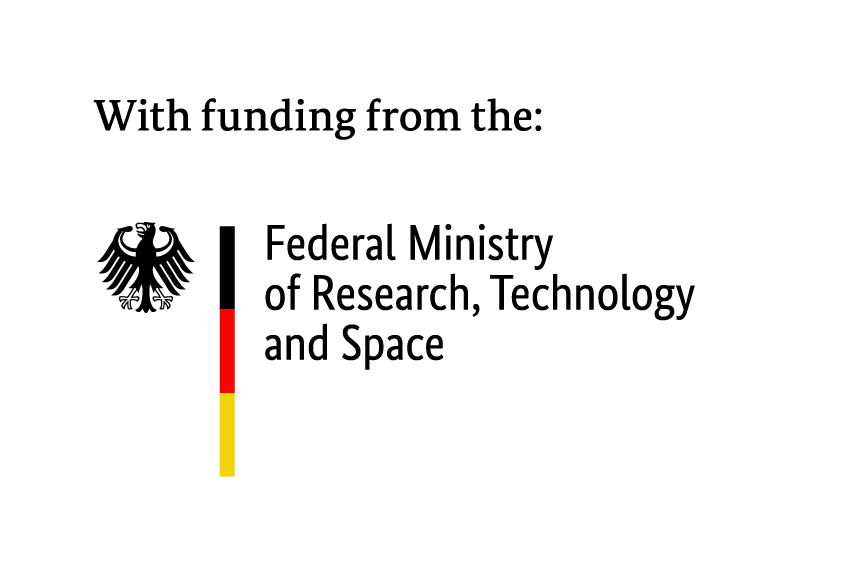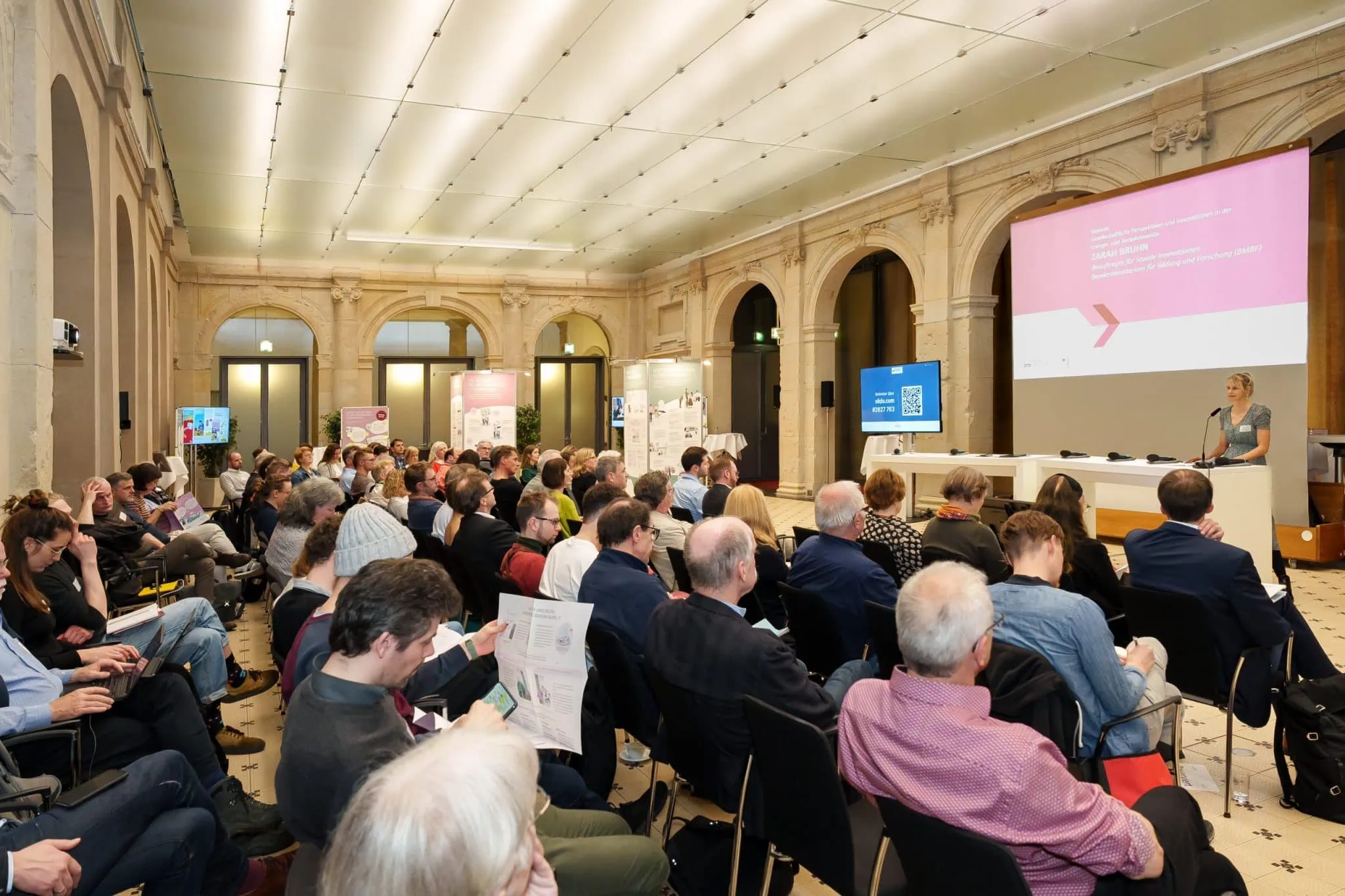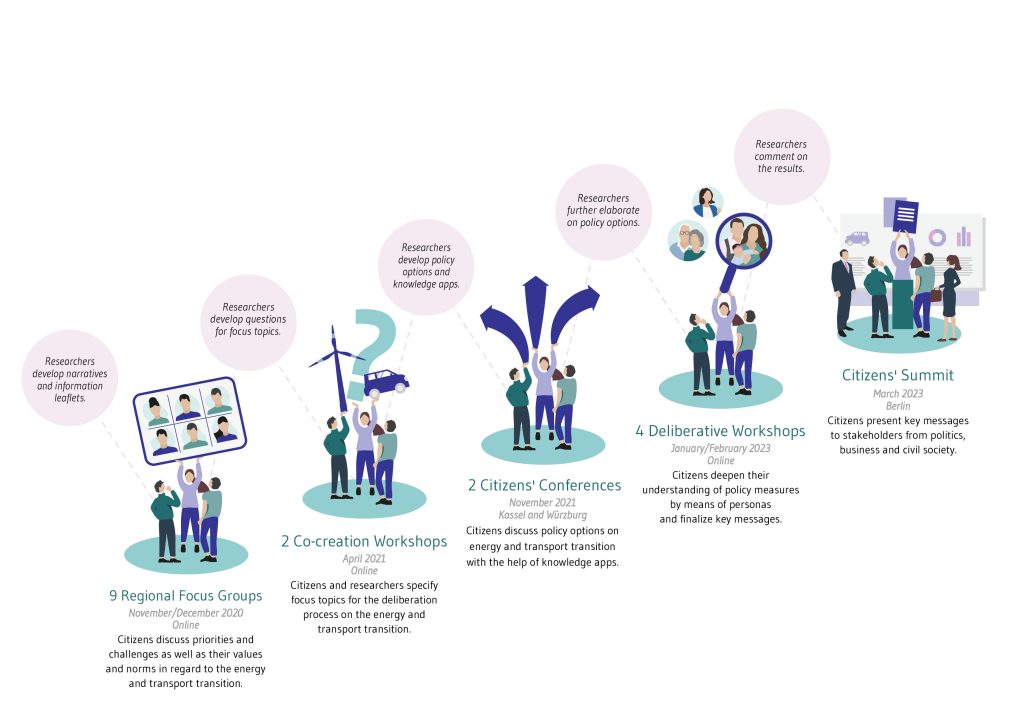Climate targets alone do not guarantee success. To achieve them, concrete measures and a joint learning process between science, politics, business and society are needed. In the Ariadne project, citizens have therefore been involved in the research on political options for the energy transition via deliberation formats from the outset.1Deliberation means “consultation” or “consideration”. A deliberation process involves people coming together under fair conditions, exchanging views and arguments, weighing them up and learning from each other. Joint decisions should not be based on majority voting, but on convincing arguments that are discussed together in a process of understanding. In the first phase of Ariadne, people were involved in research questions relating to the transport and electricity transition (see archive); in the second phase, the focus of deliberation is on the distribution effects of climate measures, the heating transition and, once again, the transport transition.
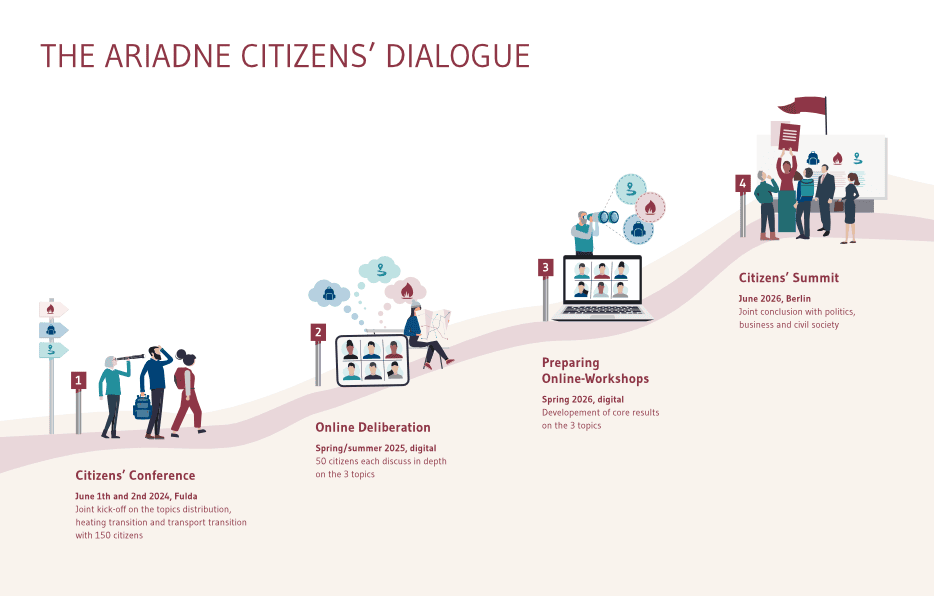
The second phase kicked off with the Ariadne Citizens’ Conference in June 2024, at which 150 randomly selected citizens from all over Germany discussed these three topics. The aim is to understand the various effects of climate protection policies and to jointly evaluate them as part of a process of understanding between society and science in order to find socially viable solutions for the energy transition. Previous research methods are supplemented by the views of citizens through the deliberation process. The aim is to ensure that as many different social perspectives as possible are represented at the individual events.
At the citizens’ conference, 50 people exchanged ideas with each other and with the Ariadne researchers in their respective thematic plenums:
- The plenary session “Distribution issues in climate policy” dealt with the fair financing of climate protection measures: By whom and how should they be financed, what role do debt, tax increases, the CO2 price and the design of support programs play.
- The focus of the plenary session on the transport transition was on promoting electric cars and incentivizing climate-friendly mobility alternatives beyond the car. In particular, citizens discussed the Deutschlandticket, cost-covering parking space management and city tolls.
- The Plenum on heating transition discussed energy-efficient refurbishment and the Heating Act. The focus was on exemptions for certain groups of people, funding programs and the design of CO2 pricing in the building sector, including the CO2 Cost Sharing Act.
At the start of the work in the focus groups on the topics of “transport transition”, “heating transition” and “distributive justice” at the citizens’ conference in Fulda at the beginning of June 2024, brochures and films were developed to get participants in the mood for the topic, introduce the project researchers and focus on the respective key questions.
The participants of the citizens’ conference positively emphasized the constructive exchange, which was promoted by the event concept and the moderation of ifok GmbH despite the different attitudes and backgrounds of the individual participants. The deliberation will be evaluated in three publications at the end of 2024. Initial analyses show that the dialog contributes to a change of perspective and a common understanding. Socially viable solutions for the energy transition are possible – as long as they are fair, their implications are communicated in a way that everyone can understand and, last but not least, they contribute effectively to climate protection. However, against the backdrop of the need to finance climate policy and the different realities of life – for example between urban and rural areas – it also became clear to the participants that designing policy measures that are perceived as fair by everyone is challenging. Accordingly, the reports will also address the conditions that are important to people for the adoption of measures in order to support them.
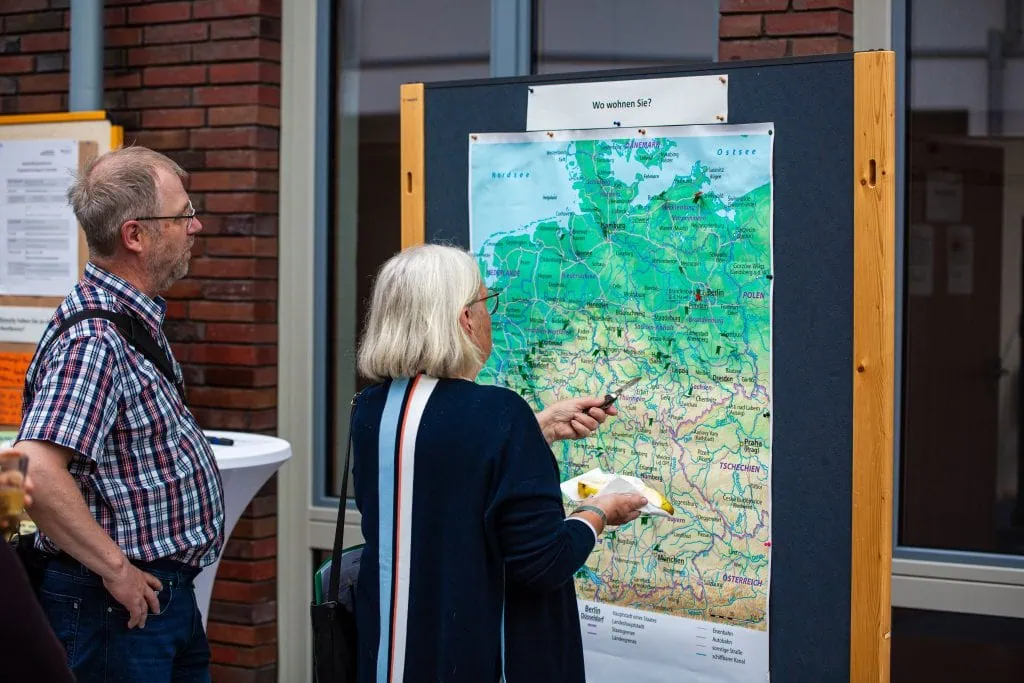
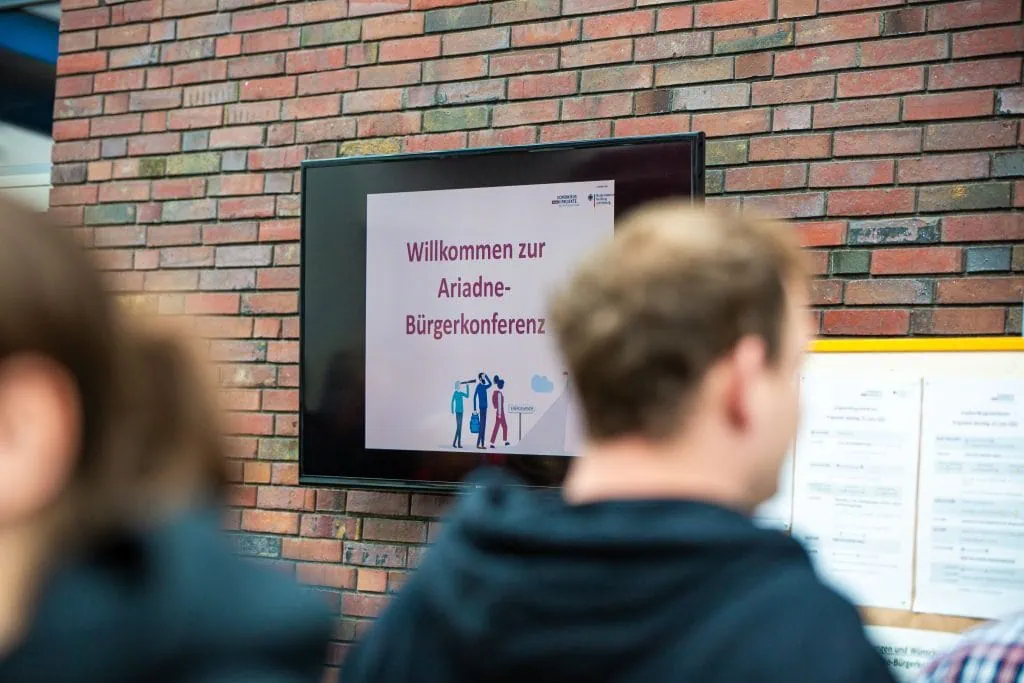
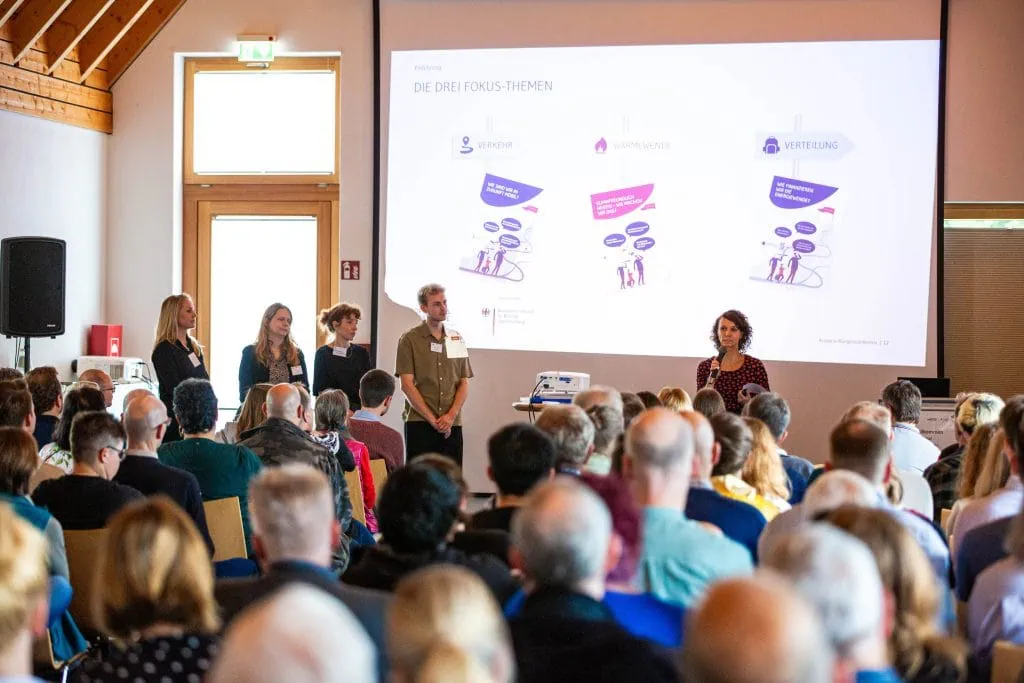
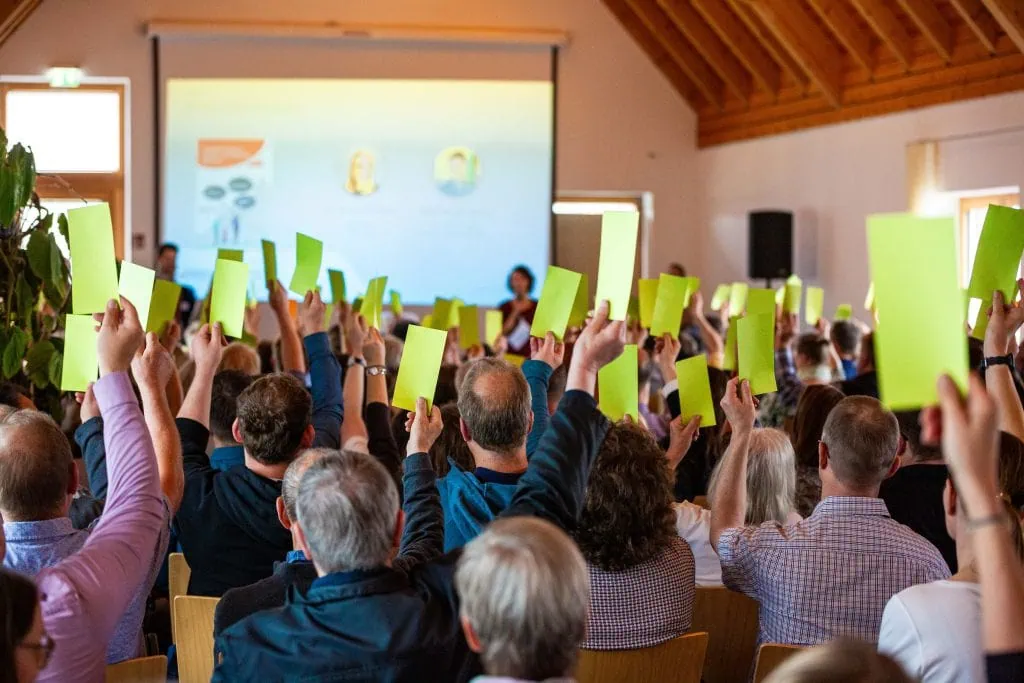
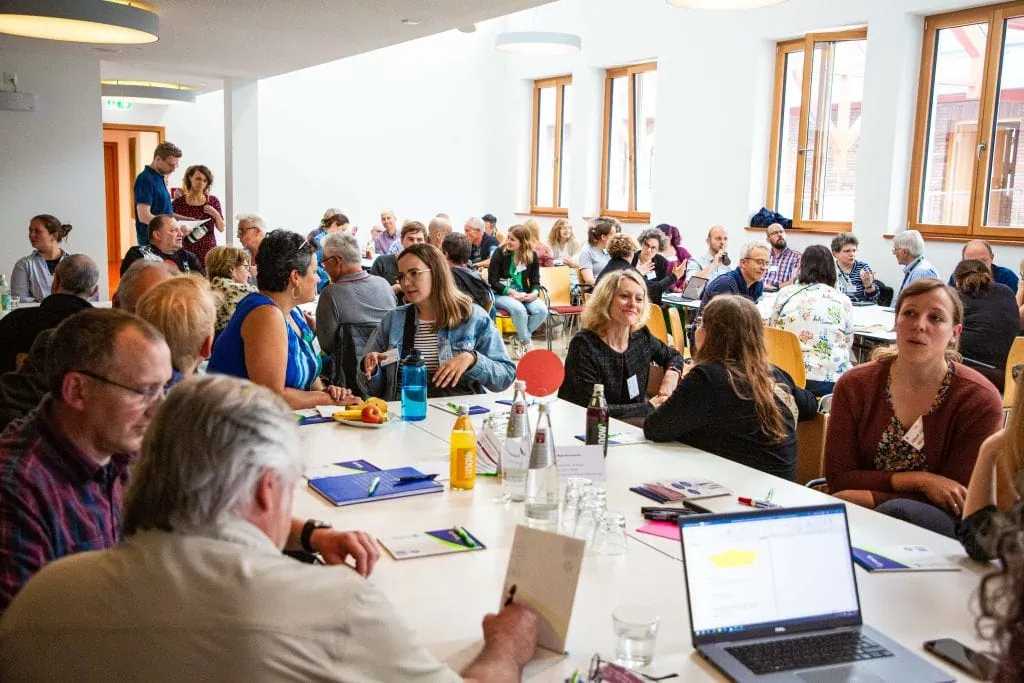
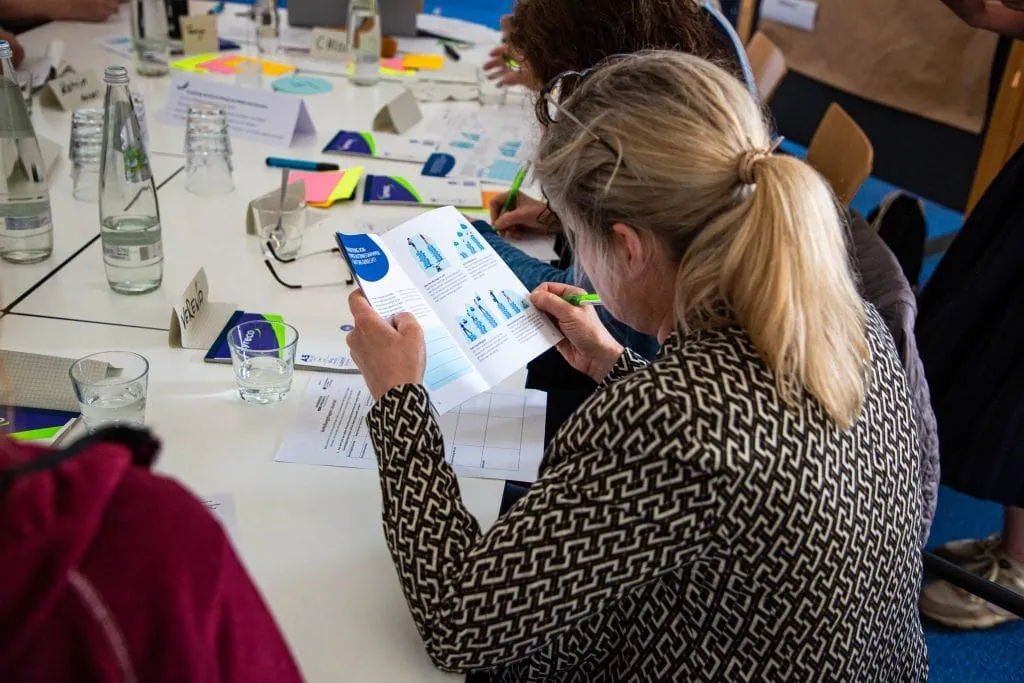
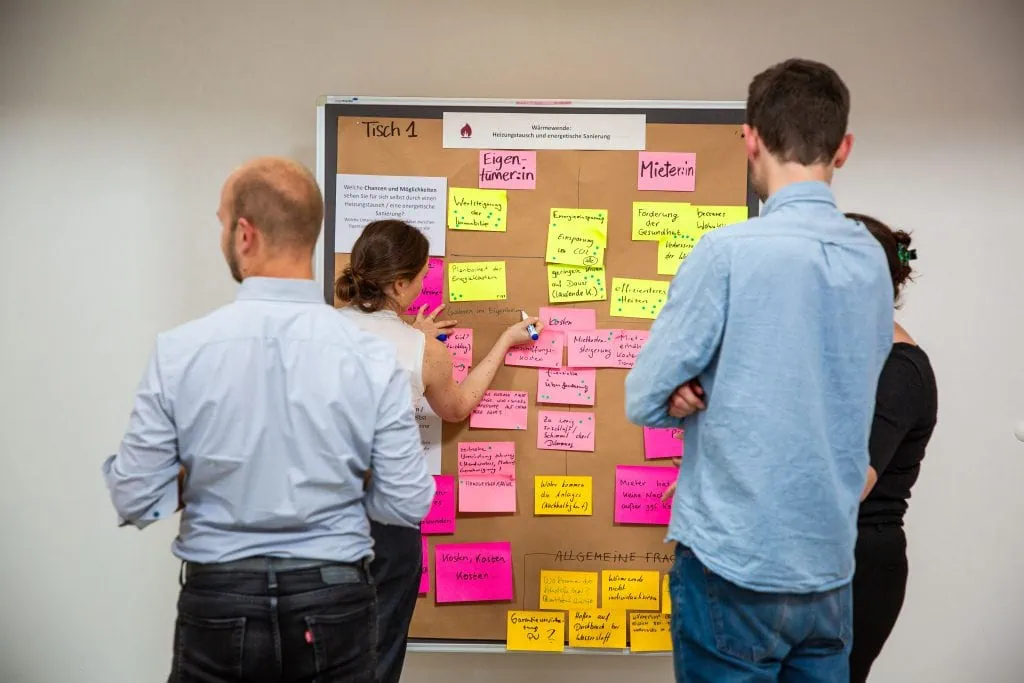
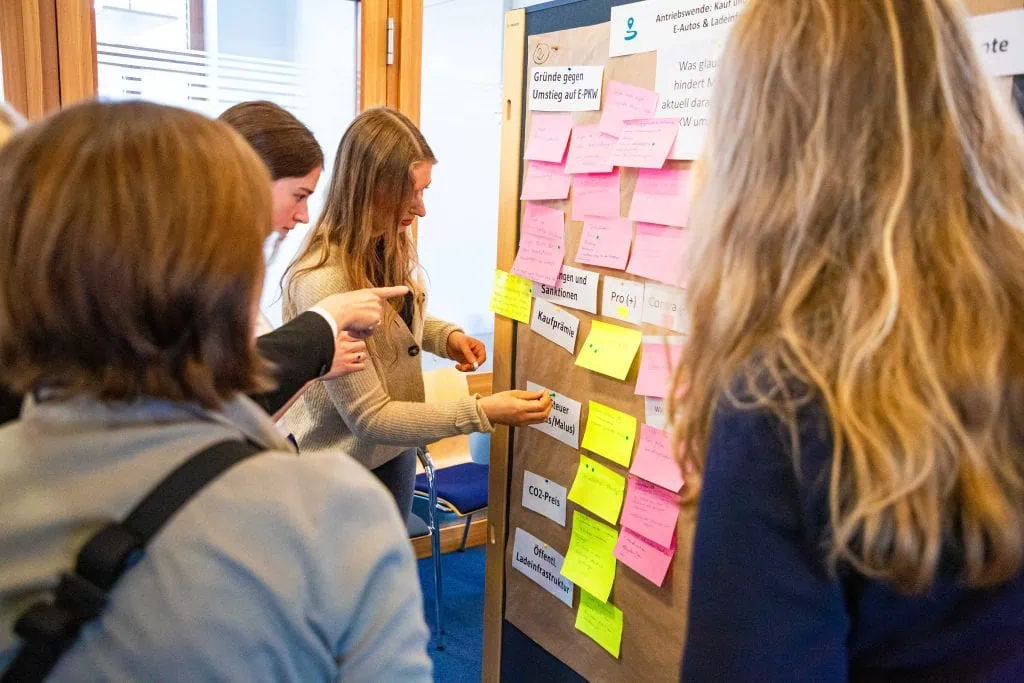
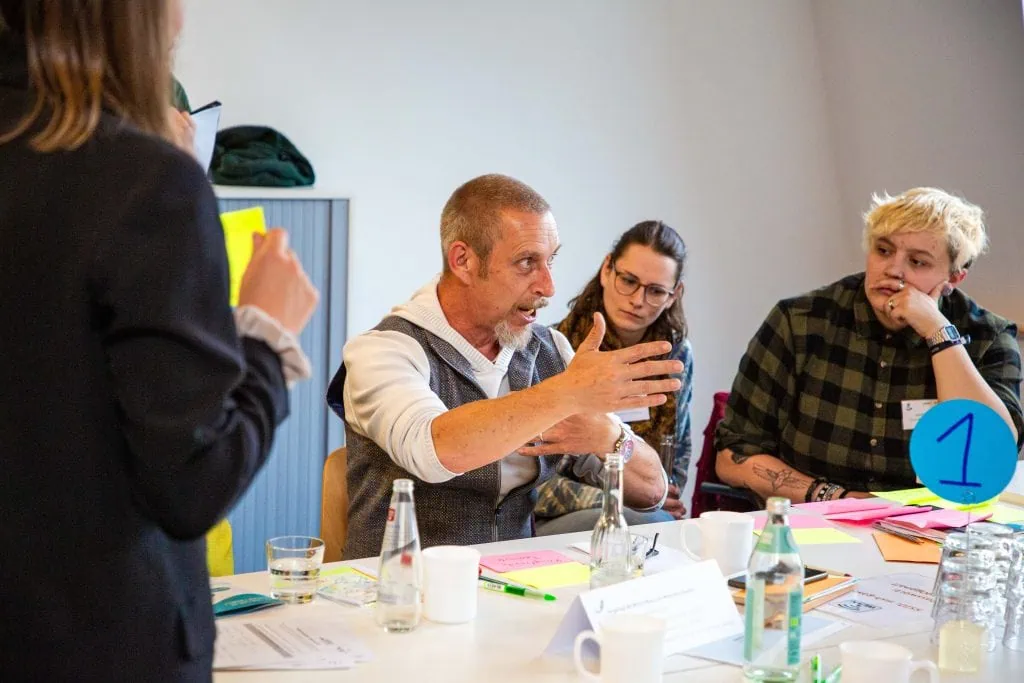
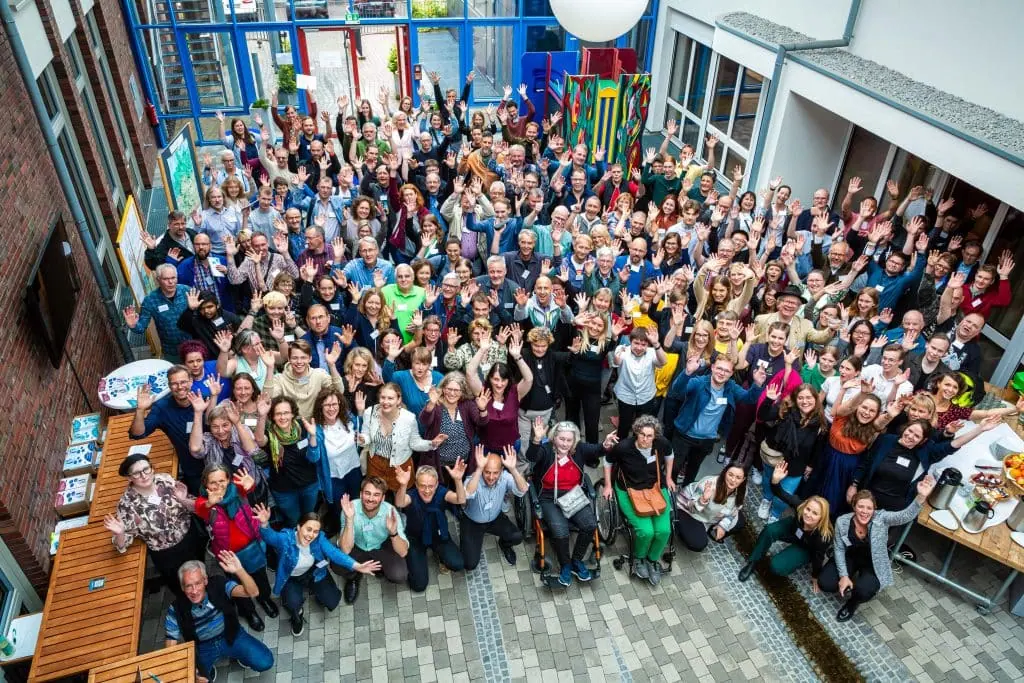
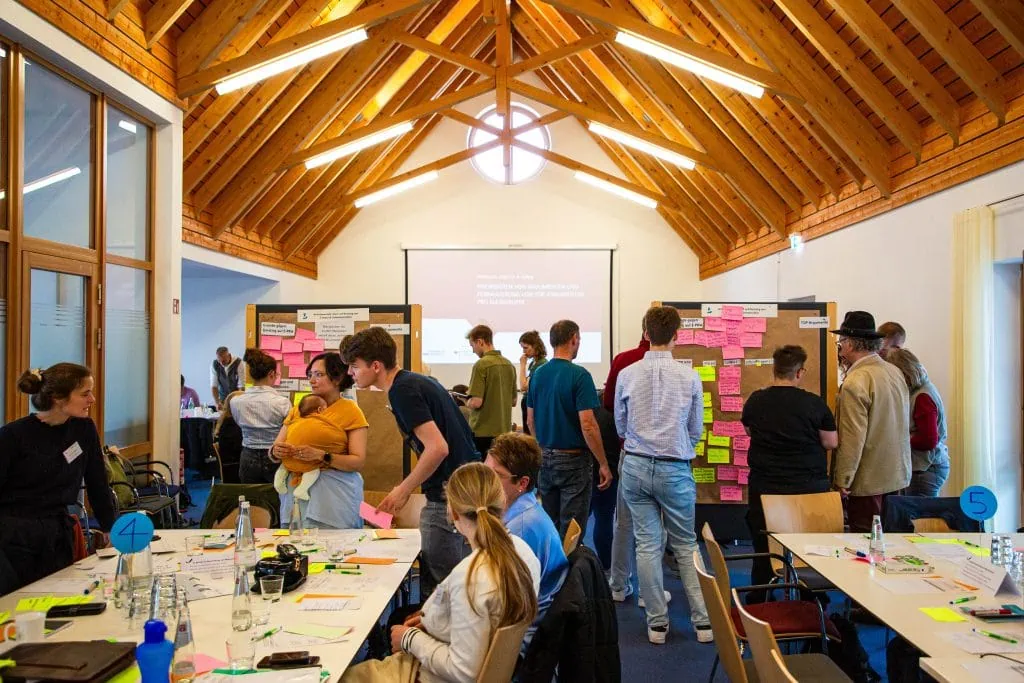
Questions and Answers
What is “deliberation”?
What does citizens’ participation mean in the Ariadne project?
Who takes part in the citizens’ deliberation?
What is special about the Ariadne project?
My question is not listed here, who can I contact?
Review of the first phase of Ariadne Citizens’ Deliberation (2020-2023)
Summary
Dialogue formats
Results
What else is there?
- Ariadne’s thematic focus: Ariadne explores energy transition strategies across a range of sectors, for example, in addition to electricity and transport transition, heat transition or industrial transition. Read more
- Copernicus projects: Ariadne is funded by the German Federal Ministry of Education and Research (BMBF) with a total of 30 million euros over three years and is part of the Copernicus research initiative. As the fourth Copernicus pillar, Ariadne complements the ENSURE , P2X and SynErgie projects. Together, the Kopernikus projects form one of the largest German research initiatives on the subject of energy transition. Read more
- Where are we on the road to climate neutrality? Ariadne’s Transformation Tracker provides a good overview.
- CO2-price calculator: How to proceed with CO2 pricing and also with offsetting is hotly debated. An interactive “CO2-price calculator”, created by Ariadne project partner MCC (Mercator Research Institute on Global Commons and Climate Change), now provides orientation. Read more
- Follow the Ariadne thread on X @AriadneProjekt and LinkedIn.

